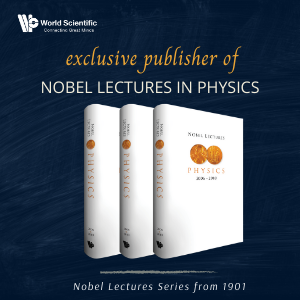"The content of the Saulson’s book remains valid and offers a versatile introduction to gravitational wave astronomy. The book is appropriate for undergraduate students and can be read by graduate students and researchers who want to be involved in either the theoretical or the experimental traits of the study of gravitational waves."
LIGO's recent discovery of gravitational waves was headline news around the world. Many people will want to understand more about what a gravitational wave is, how LIGO works, and how LIGO functions as a detector of gravitational waves.
This book aims to communicate the basic logic of interferometric gravitational wave detectors to students who are new to the field. It assumes that the reader has a basic knowledge of physics, but no special familiarity with gravitational waves, with general relativity, or with the special techniques of experimental physics. All of the necessary ideas are developed in the book.
The first edition was published in 1994. Since the book is aimed at explaining the physical ideas behind the design of LIGO, it stands the test of time. For the second edition, an Epilogue has been added; it brings the treatment of technical details up to date, and provides references that would allow a student to become proficient with today's designs.
Sample Chapter(s)
Chapter 1: The Search for Gravitational Waves (71 KB)
Contents:
- The Search for Gravitational Waves
- The Nature of Gravitational Waves
- Sources of Gravitational Waves
- Linear Systems, Signals and Noise
- Optical Readout Noise
- Folded Interferometer Arms
- Thermal Noise
- Seismic Noise and Vibration Isolation
- Design Features of Large Interferometers
- Null Instruments
- Feedback Control Systems
- An Interferometer as an Active Null Instrument
- Resonant Mass Gravitational Wave Detectors
- Detecting Gravitational Wave Signals
- Gravitational Wave Astronomy
- Prospects
- Epilogue
Readership: Anyone with undergraduate knowledge of physics who wish to know more about the detection of gravitational waves.























